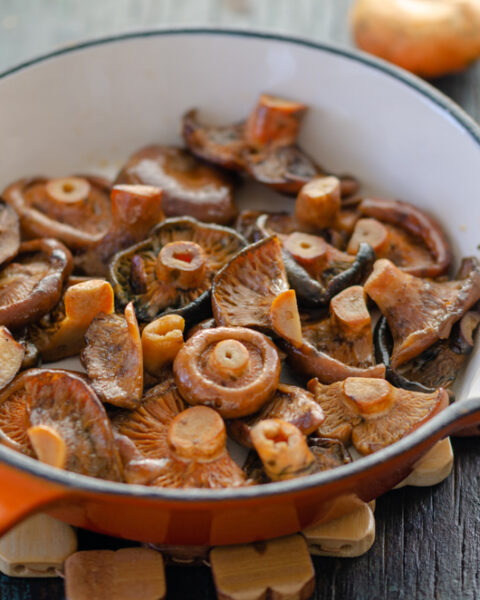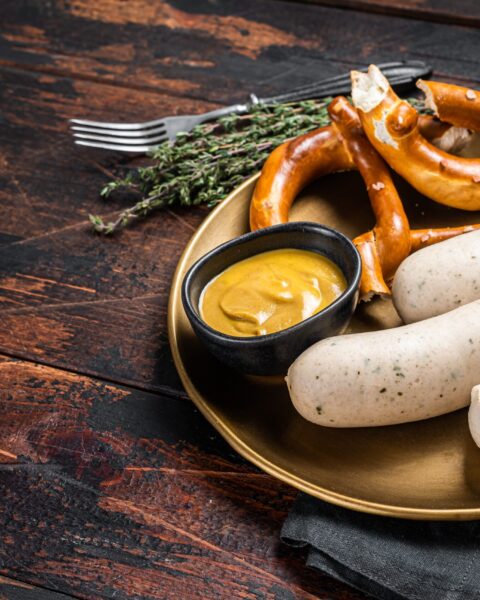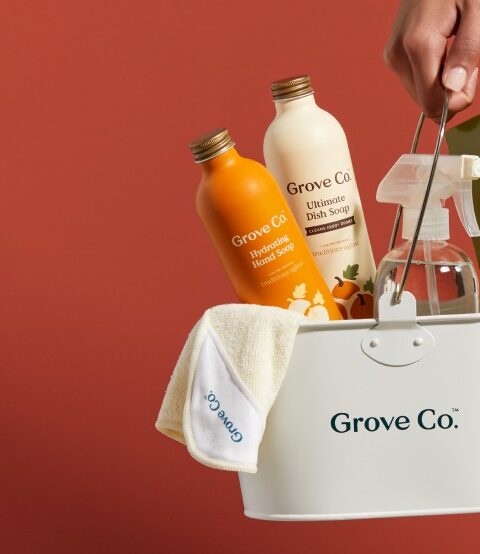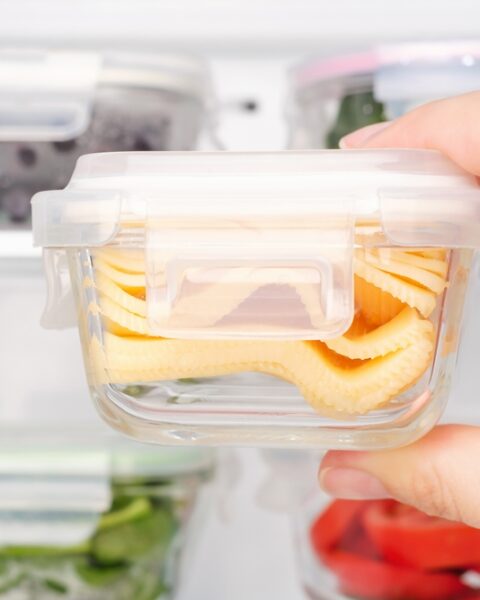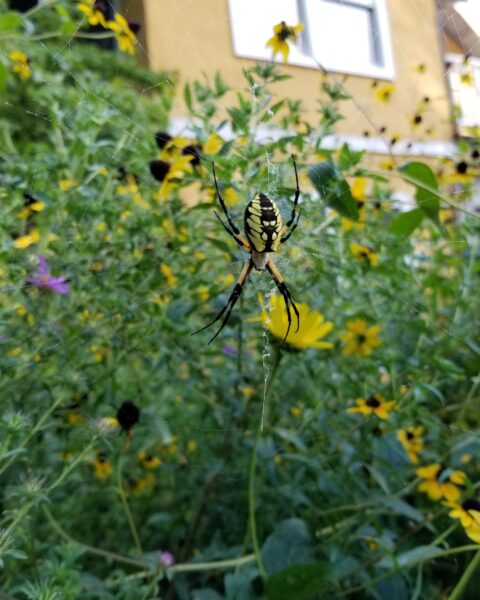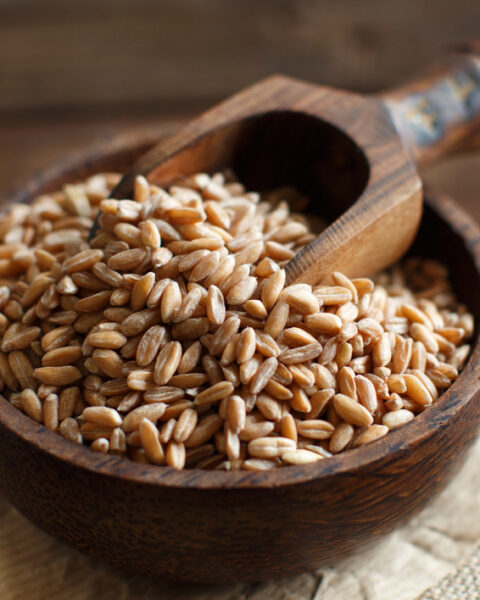Gluten-free diets have gained significant attention in recent years, but with the surge in popularity comes a flood of misconceptions. Many people believe that gluten-free automatically means healthier or that it’s a fad for those without celiac disease. These myths can lead to misunderstandings about the true nature of gluten and the foods that contain it. Let’s clear up some common misconceptions about gluten-free foods that everyone should know.
Contents
- 1 Gluten-Free Always Means Healthier
- 2 Gluten Is Bad for Everyone
- 3 All Gluten-Free Foods Are Low in Carbs
- 4 Gluten-Free Foods Are Automatically Weight-Loss Friendly
- 5 Gluten-Free Means Allergen-Free
- 6 Gluten-Free Diets Are Only for People with Celiac Disease
- 7 Gluten-Free Foods Taste Bad
- 8 Gluten-Free Foods Are Always Organic
- 9 A Gluten-Free Diet Is Nutritionally Balanced
- 10 Gluten-Free Foods Are All Whole Foods
- 11 Gluten-Free Foods Are More Expensive Because They’re Better Quality
- 12 Gluten-Free Baking Is Too Difficult to Master
- 13 More From RetailShout
- 14 The 14 Ultimate Ranking of Trader Joe’s 2024 Boxed Mixes
- 15 14 Creative and Healthy Lunches Your Kids Will Look Forward To
Gluten-Free Always Means Healthier
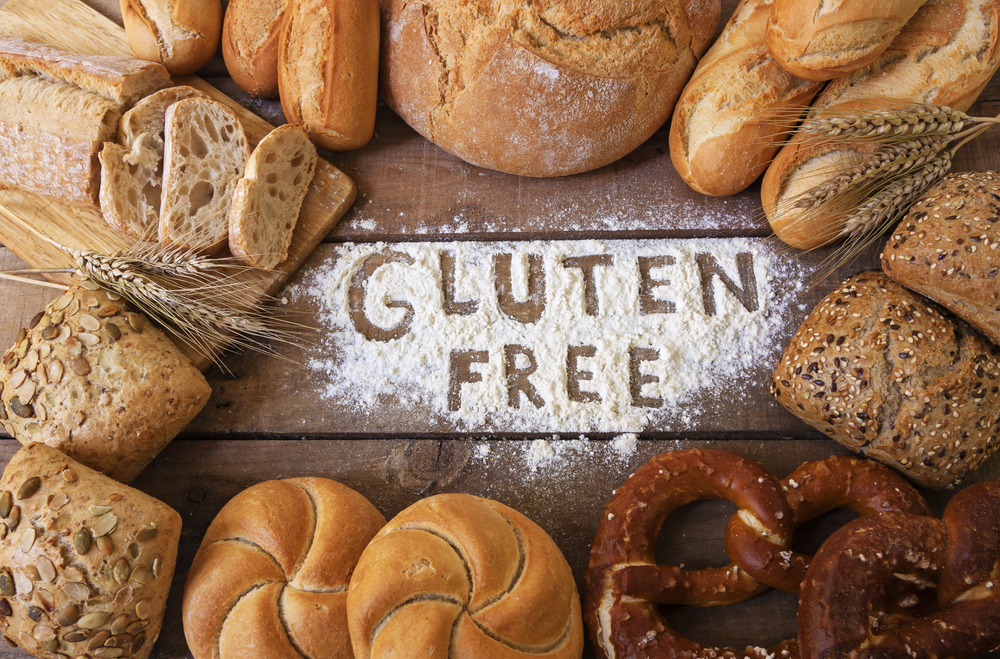
One of the biggest misconceptions about gluten-free foods is that they are inherently healthier than their gluten-containing counterparts. In reality, many gluten-free products are highly processed and contain added sugars or fats to compensate for the lack of gluten. This can make them just as unhealthy, if not more so, than regular options. It’s essential to read labels carefully and focus on whole, unprocessed foods to maintain a healthy diet.
Gluten Is Bad for Everyone

Many people assume that gluten is harmful to everyone, not just those with celiac disease or gluten sensitivity. However, gluten is a protein found in wheat, barley, and rye that most people can digest without any issues. For those without a medical need to avoid gluten, eliminating it from the diet doesn’t offer any additional health benefits. In fact, cutting out gluten unnecessarily can lead to nutrient deficiencies.
All Gluten-Free Foods Are Low in Carbs
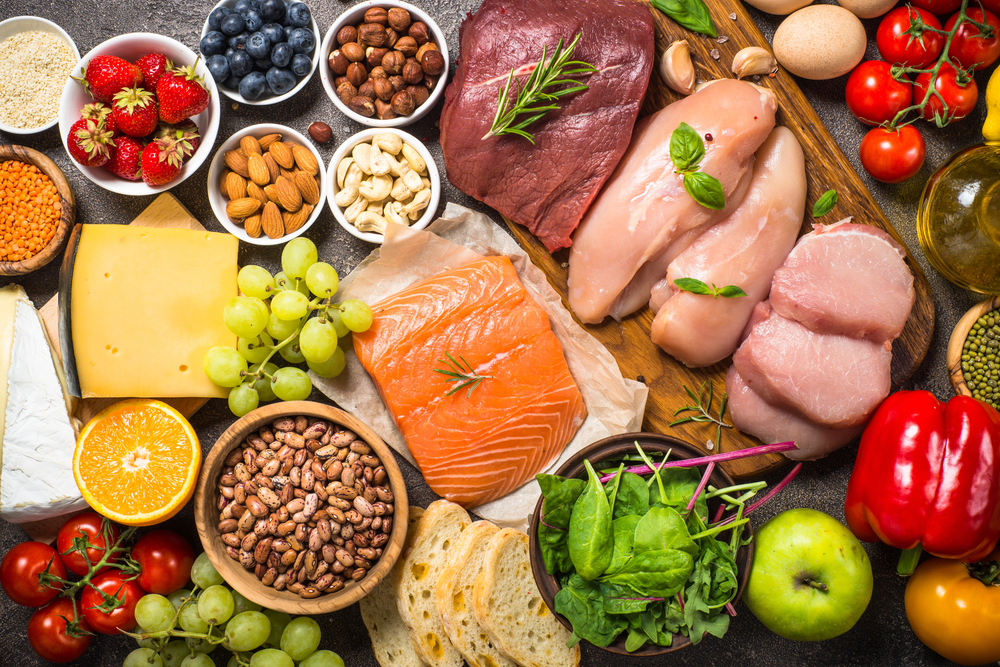
A common misconception is that gluten-free foods are low in carbohydrates. While some gluten-free foods are naturally low in carbs, such as vegetables and certain grains, many gluten-free products like bread, pasta, and baked goods still contain a significant amount of carbs. The absence of gluten does not equate to a low-carb diet, so it’s important to be mindful of your overall carbohydrate intake if that’s a concern.
Gluten-Free Foods Are Automatically Weight-Loss Friendly

Some people believe that switching to gluten-free foods will lead to weight loss. However, gluten-free products can be just as calorie-dense as their gluten-containing equivalents. In some cases, they may even be higher in calories due to added sugars and fats used to improve taste and texture. Weight loss depends on overall calorie intake and lifestyle, not just the absence of gluten.
Gluten-Free Means Allergen-Free
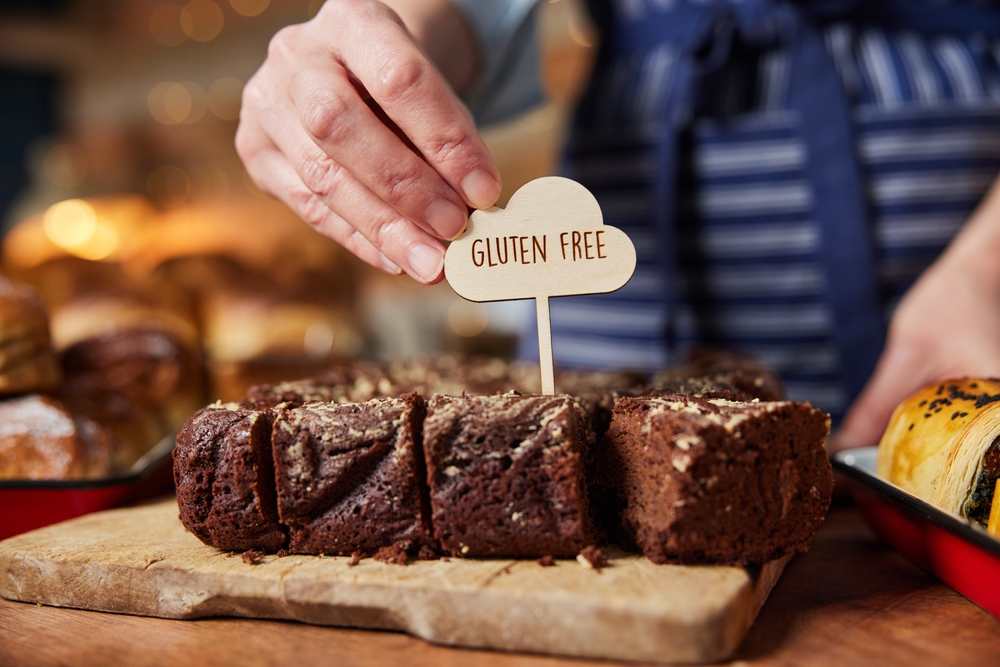
There’s a misconception that gluten-free foods are safe for people with various food allergies. While they do not contain gluten, they can still contain other common allergens like dairy, nuts, or soy. It’s crucial for individuals with multiple food sensitivities to carefully read labels and avoid assuming that gluten-free products are automatically free from all allergens.
Gluten-Free Diets Are Only for People with Celiac Disease

While a gluten-free diet is necessary for those with celiac disease, it’s not exclusively for them. People with non-celiac gluten sensitivity or wheat allergies may also benefit from avoiding gluten. However, it’s important to consult with a healthcare professional before making any significant dietary changes, as they can help determine whether a gluten-free diet is truly necessary.
Gluten-Free Foods Taste Bad
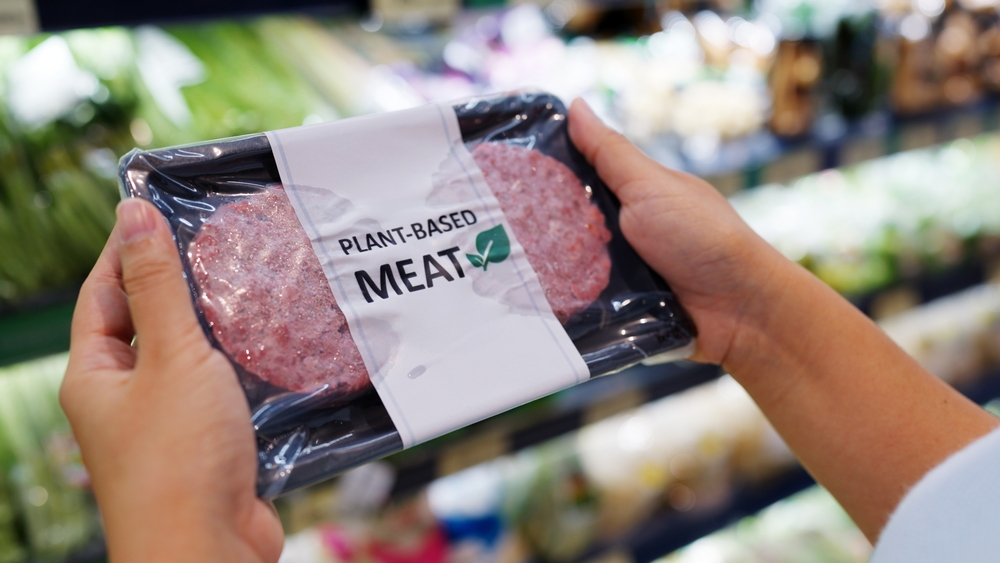
Many people still believe that gluten-free foods are bland or have an unpleasant texture. While this might have been true in the past, advancements in food technology have significantly improved the taste and texture of gluten-free products. Today, there are numerous delicious gluten-free options available that rival or even surpass their gluten-containing counterparts.
Gluten-Free Foods Are Always Organic
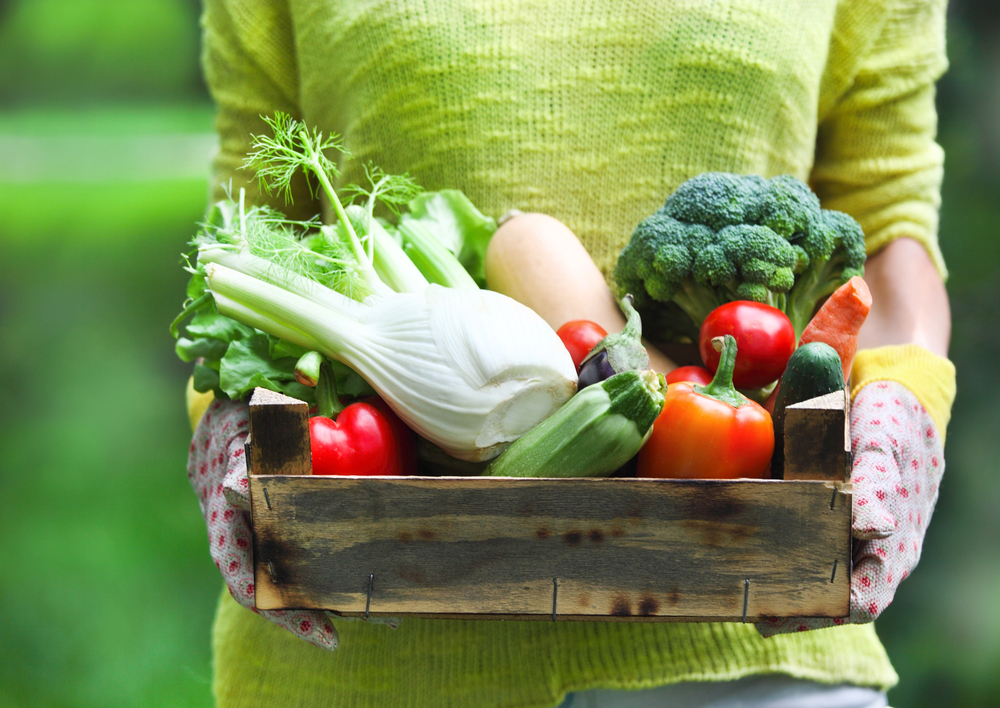
Another misconception is that gluten-free automatically means organic. However, gluten-free foods are not inherently organic and can be just as processed as other non-organic products. Organic and gluten-free are two separate attributes, and a product can be one without being the other. It’s important to look for specific labeling if you’re seeking both organic and gluten-free options.
A Gluten-Free Diet Is Nutritionally Balanced
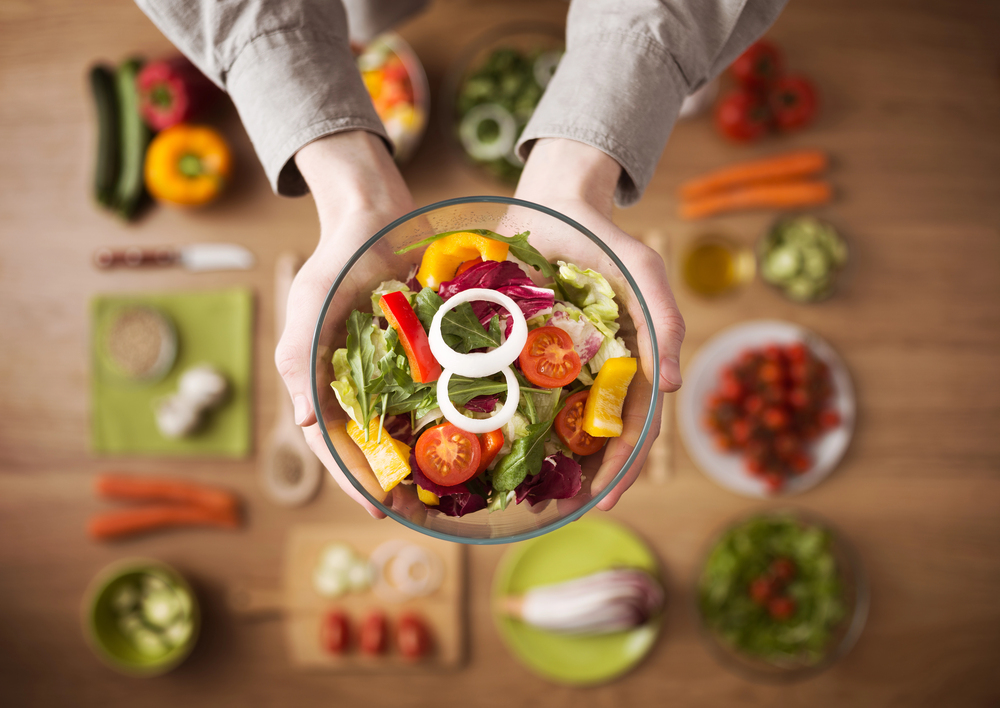
Some people assume that going gluten-free leads to a well-balanced diet. However, many gluten-free products lack essential nutrients like fiber, iron, and B vitamins, which are typically found in whole grains that contain gluten. Those on a gluten-free diet need to find alternative sources of these nutrients to avoid deficiencies.
Gluten-Free Foods Are All Whole Foods
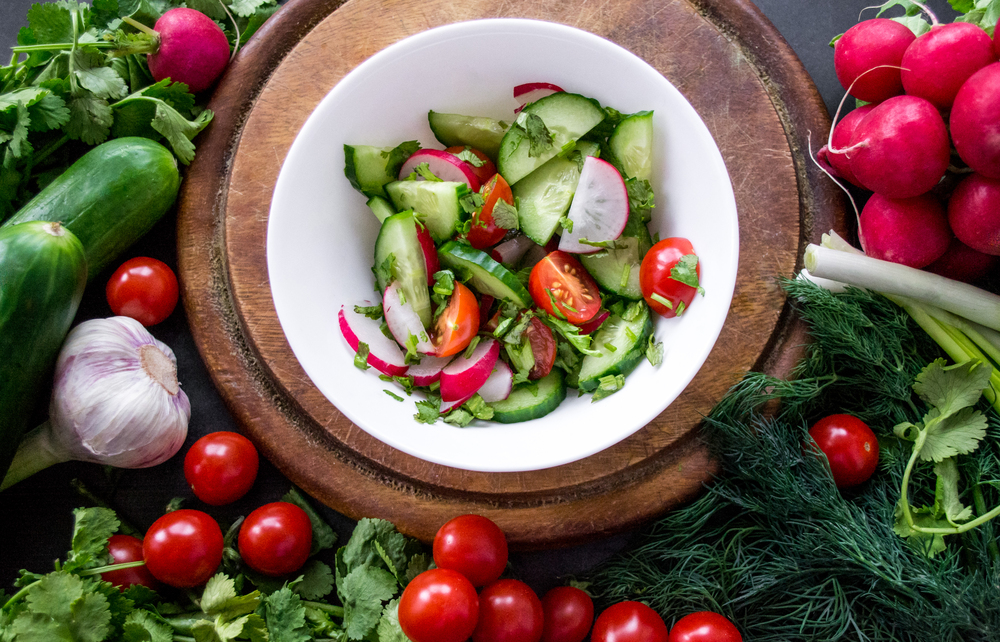
There’s a belief that all gluten-free foods are whole, unprocessed foods. While many whole foods like fruits, vegetables, and meats are naturally gluten-free, the gluten-free label can also be found on highly processed products. These processed gluten-free foods often contain additives, preservatives, and other ingredients that aren’t necessarily healthy, so it’s crucial to distinguish between whole foods and processed options.
Gluten-Free Foods Are More Expensive Because They’re Better Quality

Many people think that gluten-free foods are more expensive because they’re made with higher-quality ingredients. While it’s true that some gluten-free products may cost more due to specialized production processes, the higher price doesn’t always reflect better quality. Often, the cost is due to the need for gluten-free certification, smaller production runs, or the use of alternative ingredients, rather than an overall increase in quality.
Gluten-Free Baking Is Too Difficult to Master
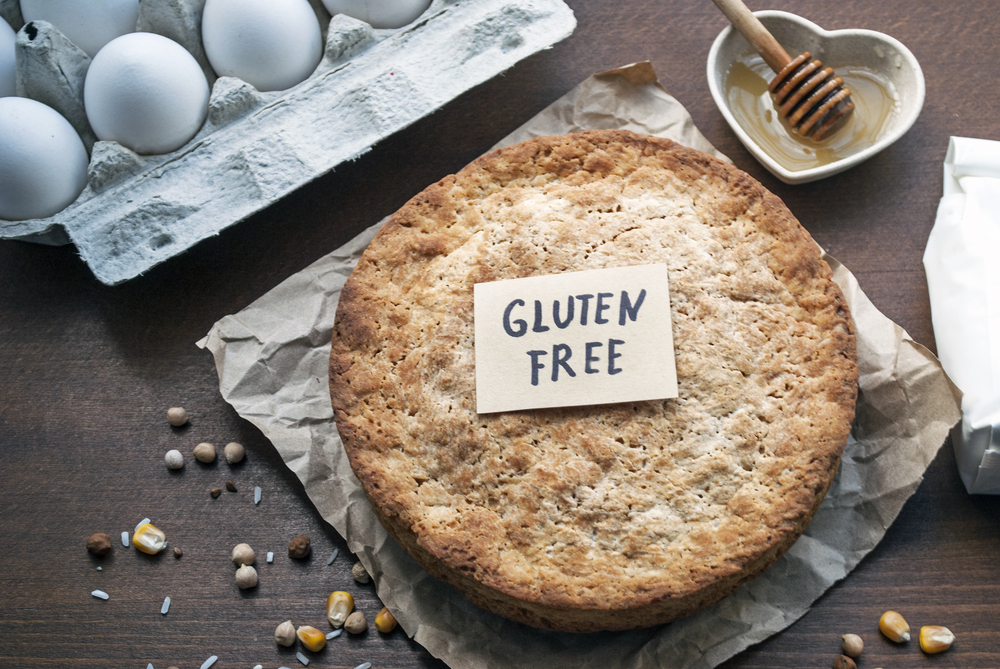
Many people think that gluten-free baking is overly complicated and yields poor results. While gluten-free baking does require some adjustments, such as using different flour blends and adding binders like xanthan gum, it’s entirely possible to create delicious baked goods. With practice and the right recipes, anyone can become proficient in gluten-free baking.
This article originally appeared on RetailShout.
More From RetailShout
11 Oldest Seafood Restaurants in the US You Can’t Miss

Seafood has been a favorite in American cuisine for centuries, and some of the oldest seafood restaurants still stand as a testament to that love. These spots not only serve up fresh and delicious seafood but also carry rich histories that make dining there an unforgettable experience. Read More.
The 14 Ultimate Ranking of Trader Joe’s 2024 Boxed Mixes
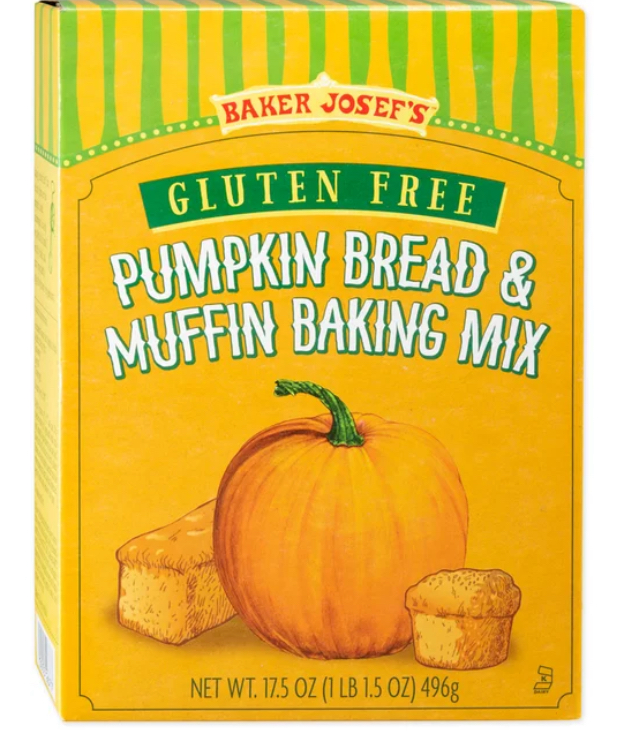
Let’s be real—life is busy, and sometimes we just need a little boxed magic to get a delicious treat on the table without breaking a sweat. Luckily, Trader Joe’s has our backs with their incredible (and sometimes quirky) array of boxed mixes. Read More.
14 Creative and Healthy Lunches Your Kids Will Look Forward To
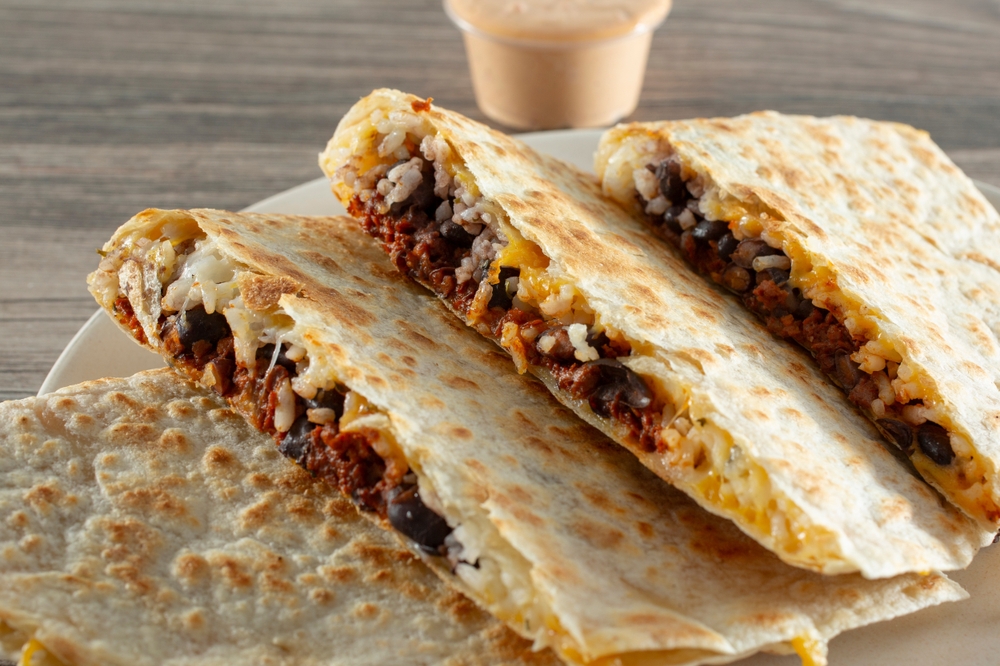
Making sure your kids have healthy lunches is important for their growth and energy throughout the day. Here are 15 great options that are not only nutritious but also delicious and easy to prepare. Read More.

